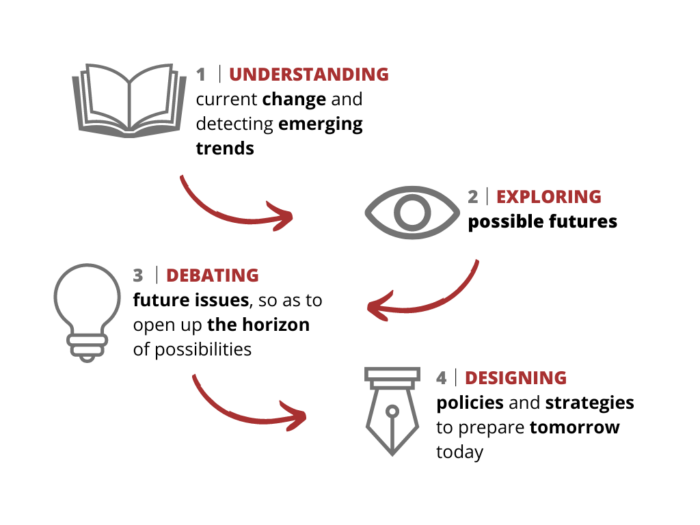In the increasingly alarming context of the exhaustion of fossil fuels and global climate change, various foresight exercises have been conducted in recent years with the aim of determining alternative paths for energy production and consumption. Among these, a scenario relating to France – the négaWatt scenario – was published in 2003, and then updated in 2006. It proposed radical change in this field, based on three main levers: energy conservation, energy efficiency and the development of renewable energy sources.
Bernard David, who has kindly agreed to pen a critical analysis of this work for Futuribles, outlines the basic elements of the négaWatt scenario here and describes its originality but also its limitations. He highlights, in particular, various essential questions for arriving at an overall ecological assessment of the solutions advocated by négaWatt, in order to satisfy himself that they do not lead to indirect consumption or pollution likely to counterbalance the expected energy savings (this is why life-cycle analyses are so valuable). Obviously, we regret that the “négaWatt” Association was not able to present its work and its scenario itself, and we hope that the questions raised by Bernard David will encourage it to do so in these pages in the near future.

